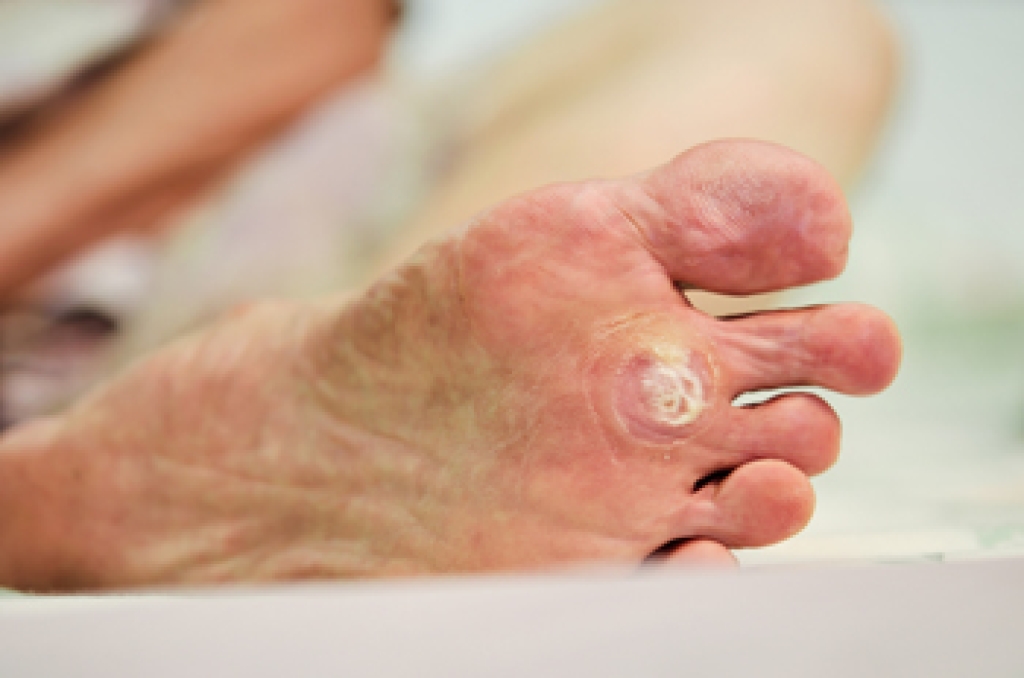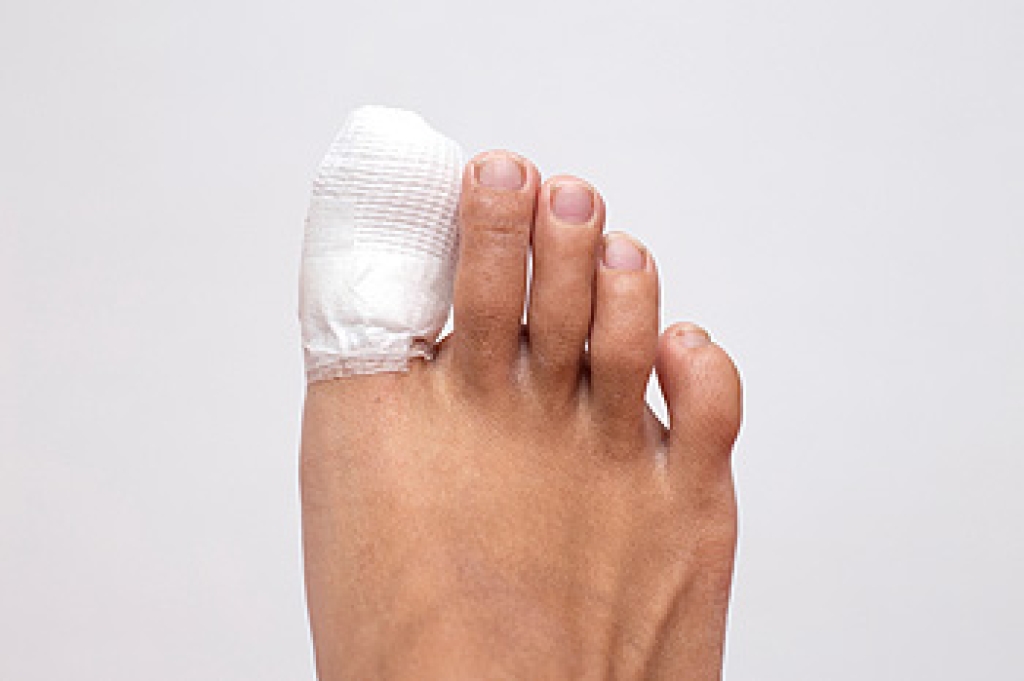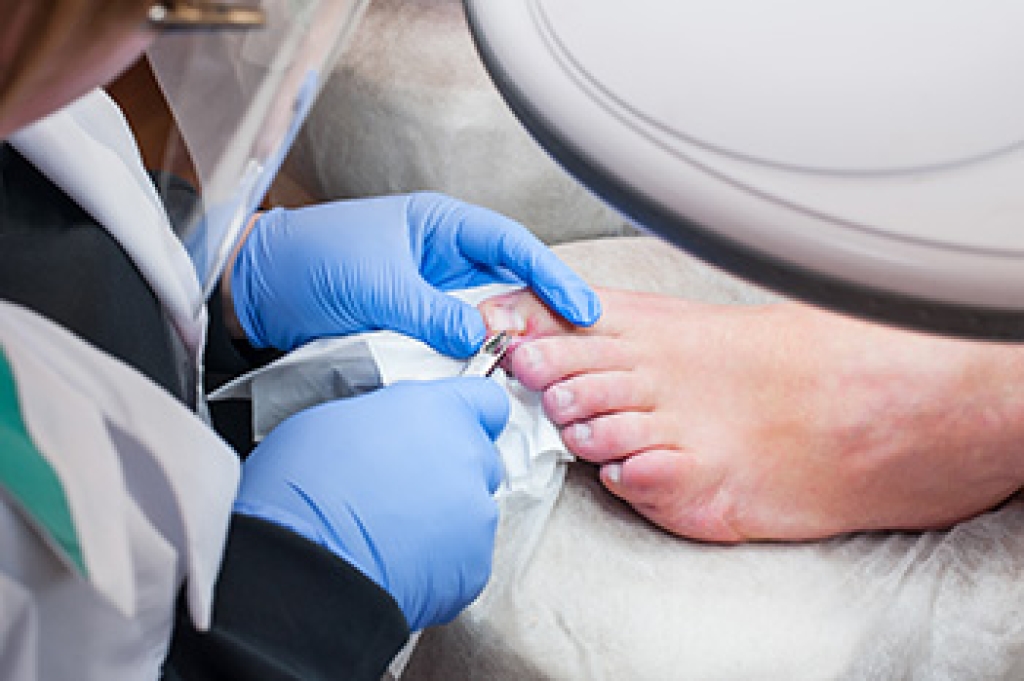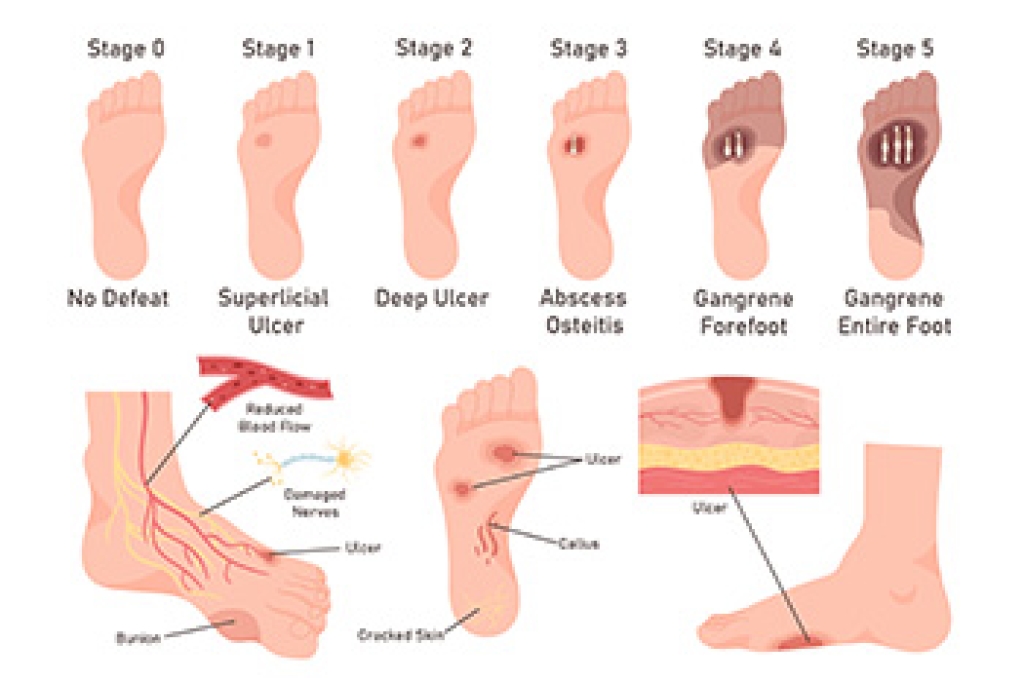
Plantar warts are skin growths that develop on the bottom of the foot due to infection with the human papillomavirus, or HPV. The virus enters through small cuts or weakened areas of skin and causes thickened lesions to form. These warts are often painful because they grow on weight-bearing areas such as the heel, where pressure from walking and standing forces them inward. Symptoms may include a rough circular patch of thick skin, tiny dark spots within the lesion, tenderness, and discomfort during daily activities. Risk factors include walking barefoot in public areas, excessive moisture, and a weakened immune system. If you have developed a plantar wart, it is suggested that you promptly consult a podiatrist who can provide an accurate diagnosis and effective relief and treatment techniques.
Plantar warts can be very uncomfortable. If you need your feet checked, contact one of our podiatrists from Spartan Podiatry. Our doctors will assist you with all of your foot and ankle needs.
About Plantar Warts
Plantar warts are the result of HPV, or human papillomavirus, getting into open wounds on the feet. They are mostly found on the heels or balls of the feet.
While plantar warts are generally harmless, those experiencing excessive pain or those suffering from diabetes or a compromised immune system require immediate medical care. Plantar warts are easily diagnosed, usually through scraping off a bit of rough skin or by getting a biopsy.
Symptoms
- Lesions on the bottom of your feet, usually rough and grainy
- Hard or thick callused spots
- Wart seeds, which are small clotted blood vessels that look like little black spots
- Pain, discomfort, or tenderness of your feet when walking or standing
Treatment
- Freezing
- Electric tool removal
- Laser Treatment
- Topical Creams (prescription only)
- Over-the-counter medications
To help prevent developing plantar warts, avoid walking barefoot over abrasive surfaces that can cause cuts or wounds for HPV to get into. Avoiding direct contact with other warts, as well as not picking or rubbing existing warts, can help prevent the further spread of plantar warts. However, if you think you have developed plantar warts, speak to your podiatrist. He or she can diagnose the warts on your feet and recommend the appropriate treatment options.
If you have any questions, please feel free to contact our offices located in Battle Creek and Marshall, MI . We offer the newest diagnostic and treatment technologies for all your foot care needs.




